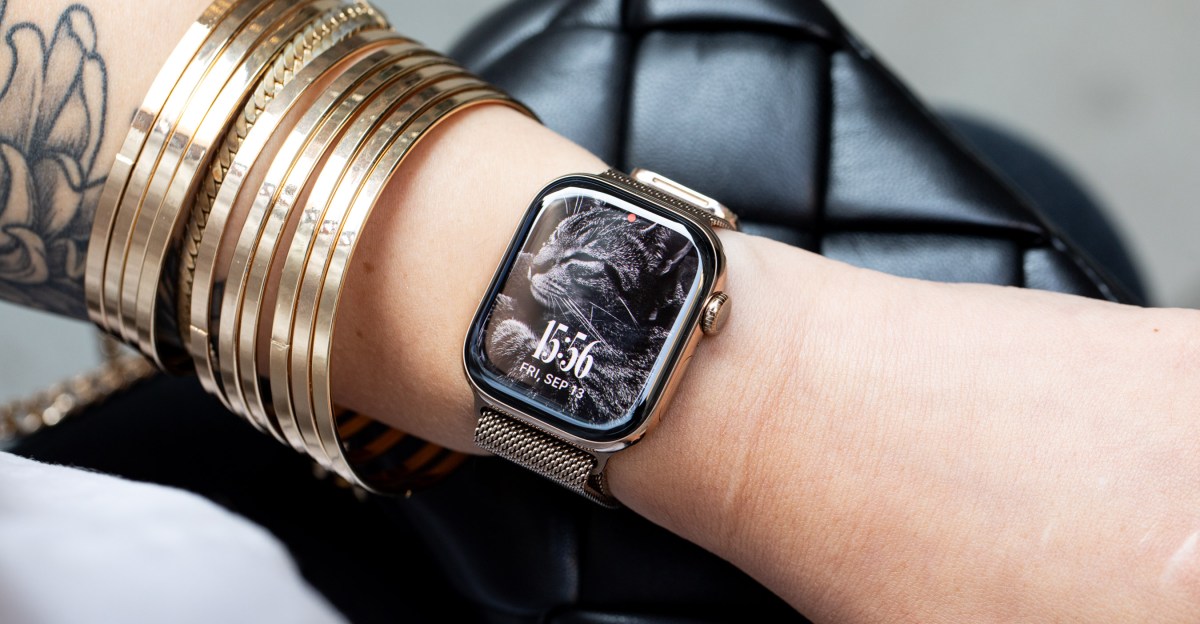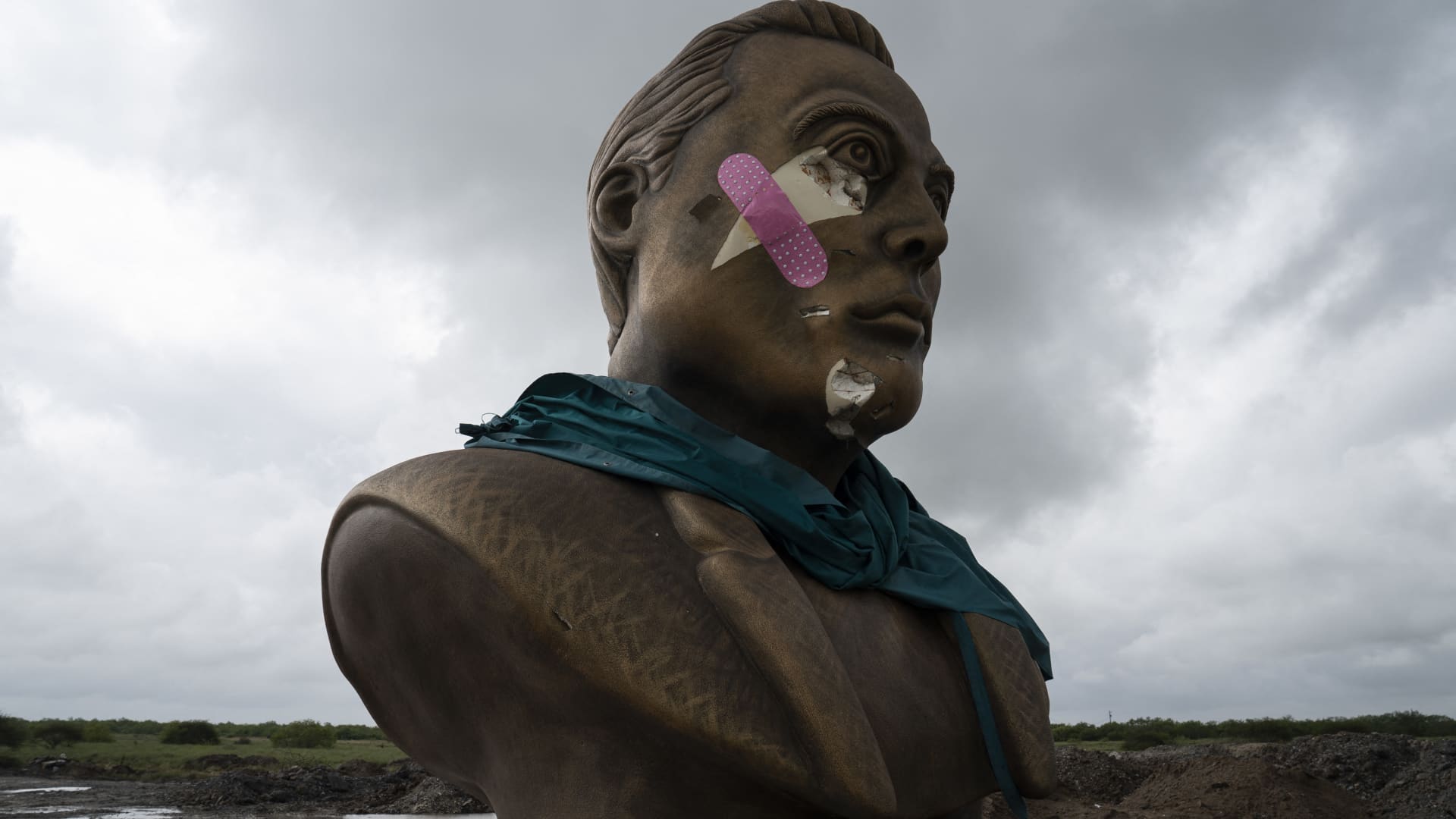Dengue and malaria fears rise as 39 areas in Noida, Greater Noida, and Jewar are flagged high-risk. Are you living in one of these deadly danger zones? Find out now.

Dengue And Malaria Alert: With heavy monsoon rain soaking the Delhi-NCR region, the chances of getting mosquito-borne diseases like dengue and malaria are growing fast. Taking cognizance of the situation, the Gautam Budh Nagar Health Department has marked 39 areas in Noida, Greater Noida, and Jewar as high-risk zones after finding many disease cases and mosquito breeding spots.
Speaking to the media, District Malaria Officer Shruti Kirti Verma stated that the department is keeping a close check on these sensitive areas. In addition to spraying insecticides, awareness campaigns are also being conducted. She further added that all the health authorities in thesehigh risk areas have been informed to remain vigilant so that they can also carry out spraying and fogging in these locations. As of June, 26 cases of malaria and 19 cases of dengue have been reported. Due to the breeding of mosquitoes, the number of patients is expected to rise rapidly in August, September, and October.
39 High-Risk Areas for Dengue and Malaria in Noida And Jewar
According to the district malaria team, inspection found a large number of mosquito larvae in several areas. These include:
- Noida sector: 62, 76, 119, 121, 137, and 41
- Greater Noida: Gamma 2, Beta 1, Delta 3, and Ecotech 3
- Noida extension (Greater Noida West)
- Jewar and nearby places: Rabupura, Bilaspur, and Dankaur
According to the reports, some of the other high-risk zones in Noida include – areas such as Sector-22, Sector-8 JJ Colony, Bhangel, Salarpur, Raipur, Sadarpur, and Barola have been declared sensitive zones. In Greater Noida, sectors including Delta-2, Pi, Alpha-1, Beta-1, Dadha, and Sector-36 of Greater Noida West have been listed. In Jewar, Kishorpur, and Mayna are among the areas identified as high-risk”.
These places have reported several confirmed cases of dengue and malaria, along with a high presence of mosquitoes. In response, the health department has increased fogging, anti-larva spraying, and public inspection to control the spread.
What Is Dengue?
Dengue, also known as the break-bone fever disease is a viral infection that usually spreads from mosquitoes to people. It is more common in tropical and subtropical climates. Experts say that most people who get dengue don’t show the symptoms, making it difficult to track the onset of the disease in its early stages. However, when things get out of hand, the patient may develop some warning signs such as high fever, body aches, and rash. The virus and the symptoms take 1-2 weeks to settle down. Here are the other warning signs one should be aware of:
- High fever (40 C/104 F)
- Severe headache
- Pain behind the eyes
- Muscle and joint pains
- Nausea
- Vomiting
- Swollen glands
- Skin rashes
What Is Malaria?
Malaria is a life-threatening health condition which is mainly caused by the parasites that are transmitted through the bite of an infected mosquito. The disease is mostly common during the monsoon period – when the breeding of these mosquitoes is on the rise. Some of the warning symptoms of malaria include –
- Fever
- Chills
- Headache
- Chest Pain
- Difficulty in breathing
- Cough
- Diarrhoea
- Nausea and Vomiting
- Seizures
Beware! When you ignore these signs and symptoms – it can lead to severe health complications, including liver damage, kidney diseases, etc.
How To Stay Safe From Dengue And Malaria
Here are some important steps that one must follow during the monsoon time – to stay safe from developing dengue and malaria symptoms:
- Get rid of all the stagnant water from your home, especially from the flower pots, coolers, and any open containers.
- Make sure to apply mosquito repellent, use creams, and sleep under mosquito nets – an important step to keep mosquitoes at bay.
- Instead of keeping your hands and body open, try to wear full-sleeved clothing, especially in the early morning and evening.
- Never ignore the warning symptoms of dengue and malaria, such as fever, headache, joint pain, skin rashes, or chills.
If you notice any of the signs and symptoms in your body, make sure to get yourself checked for both malaria and dengue at the earliest. Understand that delaying the entire process can make it worse for your body. Health officials also suggest reporting cases through MyGov and the Aarogya Setu app.
Follow TheHealthSite.com for all the latest health news and developments from around the world.
Subscribe to Our Newsletter Today!










Leave a Reply